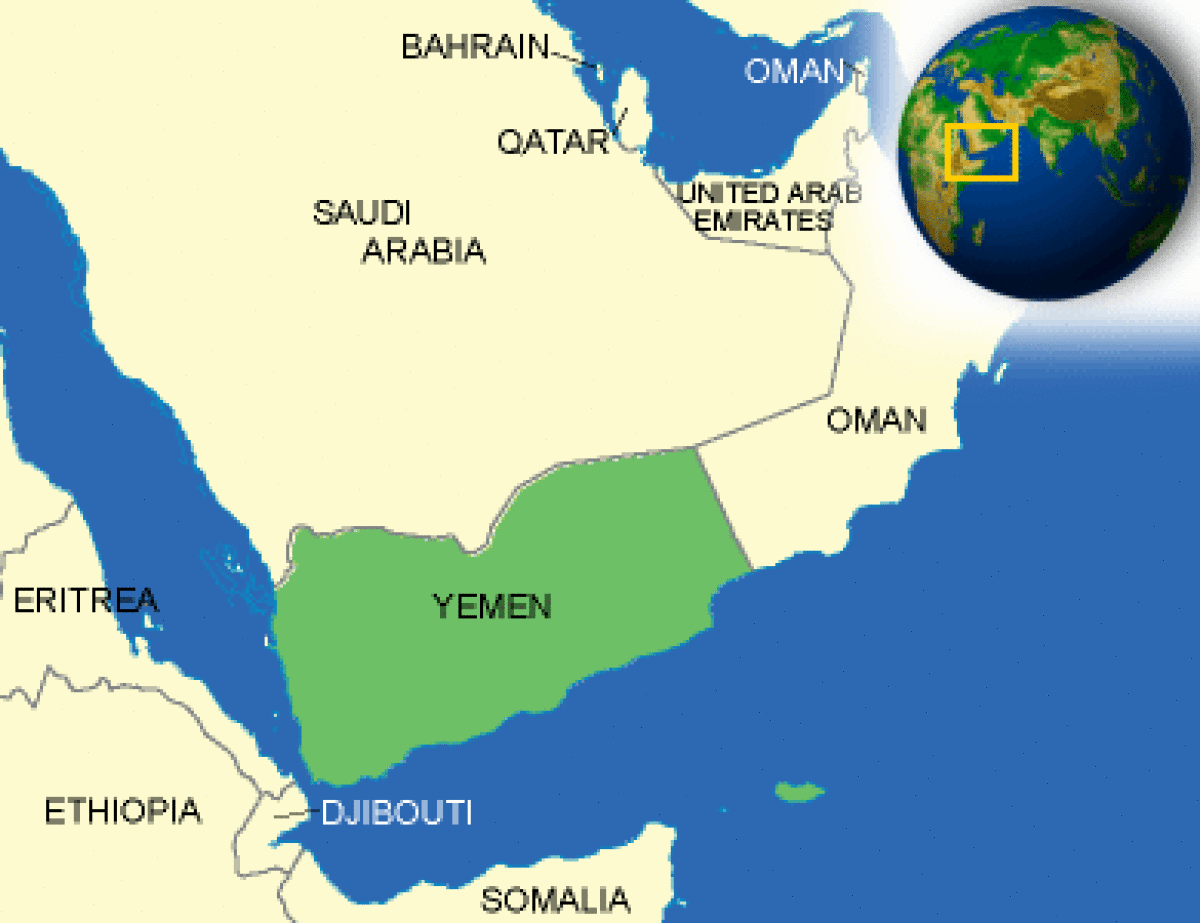
Brokerage companies in Equatorial Guinea
Equatorial Guinea, a small but resource-rich country on the west coast of Central Africa, has an evolving financial sector with several brokerage firms playing a significant role in the local economy. Brokerage companies in Equatorial Guinea primarily operate within a regulatory framework set by the Ministry of Finance, the central bank, and regional organizations, including the Central African Economic and Monetary Community (CEMAC) and the Bank of Central African States (BEAC). Here’s an overview of the landscape, regulatory environment, and role of these companies.
Financial Market Landscape in Equatorial Guinea
The economy of Equatorial Guinea relies heavily on oil and gas exports, which have fueled the country’s growth over recent decades. However, the government is actively working to diversify its economy, encouraging investments in sectors like telecommunications, infrastructure, and finance. Within this context, brokerage companies have begun to gain importance as the country gradually develops its financial markets and encourages private and institutional investors.
As a member of CEMAC, Equatorial Guinea shares a regional financial market with other member countries, including Cameroon, Gabon, Chad, Central African Republic, and the Republic of the Congo. Brokerage companies in Equatorial Guinea benefit from this shared market because they have access to a larger pool of investors and trading opportunities across these nations. The regional market operates under a unified currency (the Central African CFA franc) and is regulated by the BEAC and the Financial Markets Commission of Central Africa (COSUMAF). This setup allows local brokerages to interact and collaborate with others across the region.
Key Brokerage Services Offered
Brokerage firms in Equatorial Guinea generally offer a range of services designed to facilitate trading and investment for both individual and institutional clients. These services include:
1. Stock and Bond Trading: Although the domestic stock market is limited, brokers provide access to regional markets within CEMAC. Through COSUMAF-regulated platforms, investors can trade stocks, government bonds, and corporate bonds.
2. Foreign Exchange Trading: With the Central African CFA franc pegged to the euro, foreign exchange trading is typically limited to major currencies. Brokers cater to clients looking to convert currencies for investments, trade, and business purposes.
3. Commodities Trading: Some brokerage firms in Equatorial Guinea offer access to commodities markets, focusing particularly on energy, given the country’s heavy reliance on oil production. This service can attract institutional clients involved in the energy sector.
4. Investment Advisory and Wealth Management: Some brokerage firms provide advisory services, helping clients manage their investments and maximize returns. This can include portfolio management, retirement planning, and wealth management services tailored to high-net-worth individuals and organizations.
5. Corporate Finance and Mergers & Acquisitions (M&A): As the economy diversifies, brokerage firms also offer corporate finance services, helping local businesses raise capital, structure deals, and navigate M&A opportunities.
Regulatory Environment
The brokerage industry in Equatorial Guinea is regulated by both domestic and regional bodies. COSUMAF sets the rules for stock and bond trading within CEMAC, while the Ministry of Finance and the BEAC oversee monetary policy, financial stability, and currency exchange regulations. Brokerage companies must adhere to stringent anti-money laundering (AML) and know-your-customer (KYC) regulations to ensure transparent and safe trading practices.
Challenges and Opportunities
Brokerage firms in Equatorial Guinea face challenges, including limited market infrastructure and relatively low levels of financial literacy among the population. Additionally, political instability and fluctuating oil prices can impact investor confidence. However, opportunities exist as the government pursues economic diversification. By building partnerships with regional players and leveraging new technology, brokerage firms in Equatorial Guinea can gradually expand their services and reach a broader audience.
Future Outlook
As the financial landscape continues to develop, brokerage companies in Equatorial Guinea are positioned to play a more significant role in supporting investment and economic growth. With ongoing regulatory improvements, increased regional integration, and a focus on diversifying the economy, these firms can attract more foreign investors and contribute to building a robust financial market.



Leave a Reply